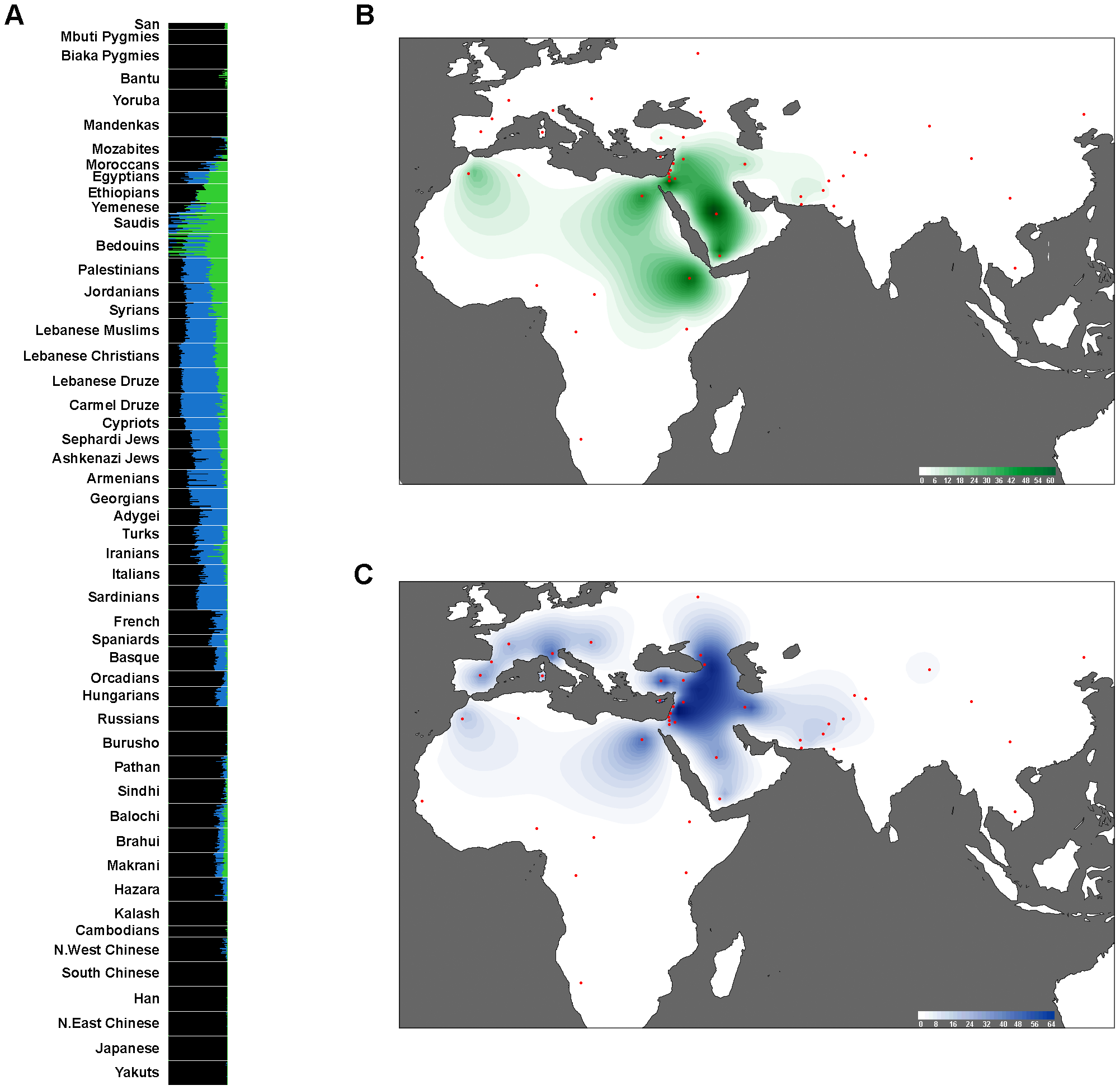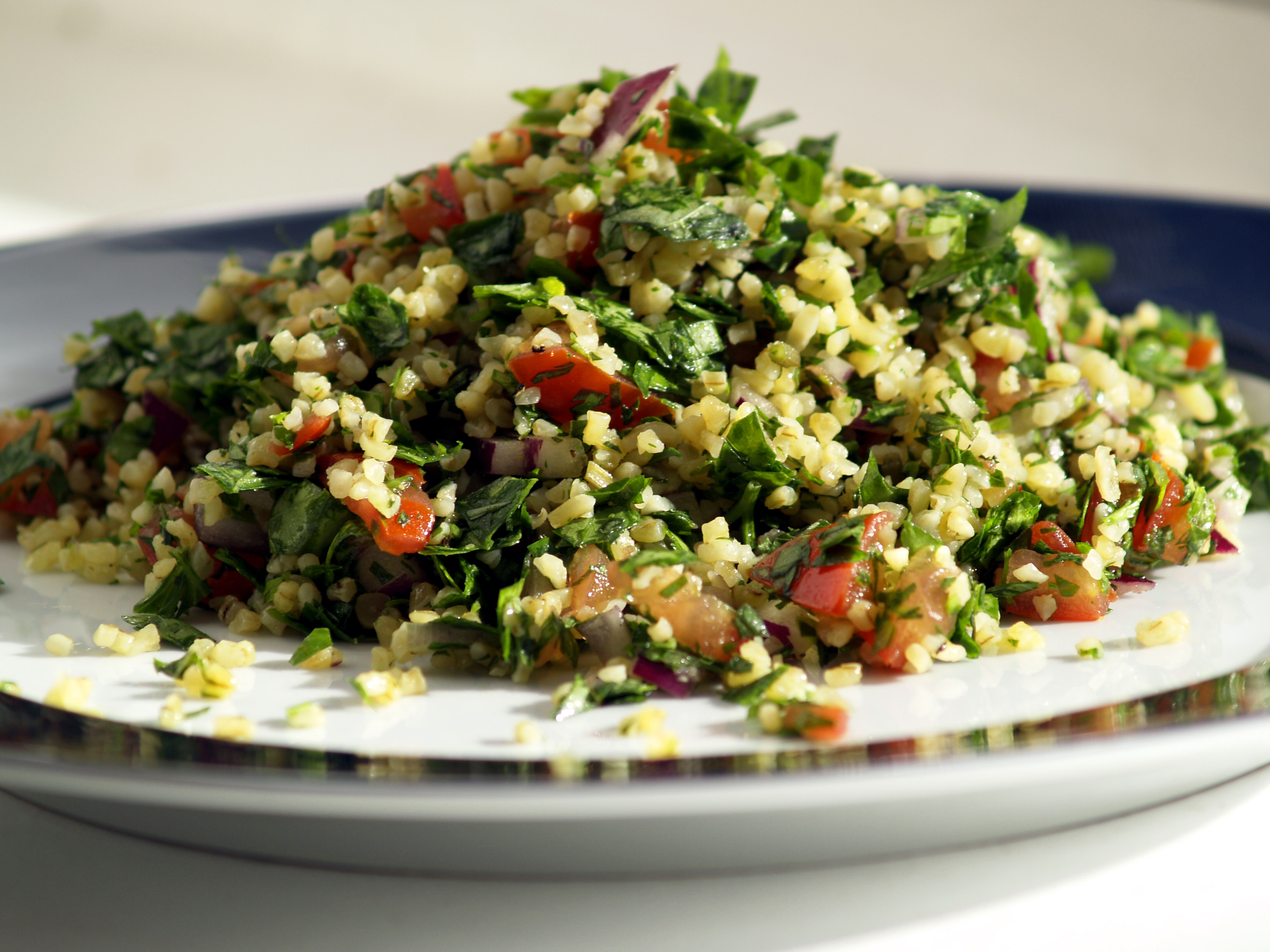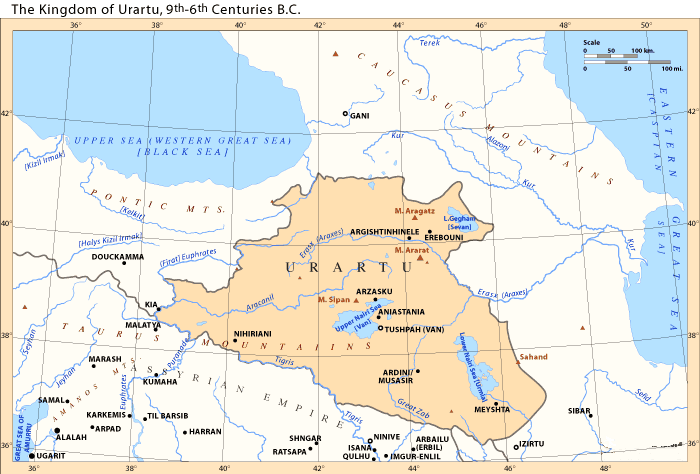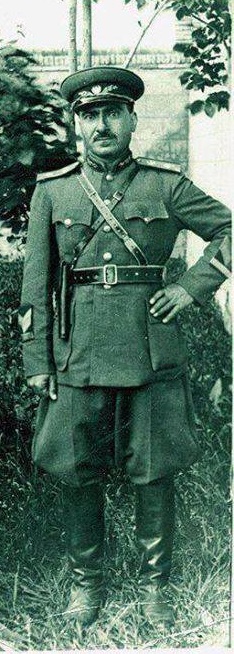|
Ismet Cheriff Vanly
Ismet Cheriff Vanly (21. November 19242011) was a Kurdish scholar and political activist. Background and education Ismet Cheriff Vanly was born in Syria, to Turkish parents, his father a Kurdish officer from Van. He studied Law and Philosophy in France, United States, and Switzerland, gaining a PhD in Jurisprudence at the University of Lausanne, and a Masters in History from the University of Geneva, subsequently becoming a professor in the Political and Social Sciences. He spoke French, English, Arabic, and Kurdish. Political life Vanly worked for the Kurdistan Democratic Party (KDP) from 1961 to 1975, becoming a spokesman for its leader Mustafa Barzani. On 7 October 1976, while acting as the representative for the KDP in Switzerland Vanly was shot in the head in an assassination attempt. Having survived the attack, Vanly confirmed that the gunman had previously been introduced to Vanly by the Iraqi Consul from Geneva. The Iraqi government denied responsibility. Vanly wor ... [...More Info...] [...Related Items...] OR: [Wikipedia] [Google] [Baidu] |
Kurdish National Congress
The Kurdistan National Congress (Kurdish: ''Kongreya Neteweyî ya Kurdistanê,'' KNC or KNK) is a multi-national platform of Kurdish groups and parties of all tendencies, which aims for the independence of Kurdistan. It was founded on 14 April 1985 on the initiative of the Kurdistan Workers' Party. It was inaugurated on 24 May 1999 in Brussels. The group has more recently be referred to as the Kurdistan National Congress in the Diaspora. The convention of the KNC was endorsed on 26 May 1999, at the organization's founding assembly, and the scholar Ismet Cheriff Vanly was declared the first president. The convention was amended most recently at the ninth assembly which took place in December 2008. Recently, conferences held by the group have reaffirmed their wish that Kurds may have their national identity recognized and the territory of Kurdistan be respected. Composition The congress is constituted by 288 members for the term from October 2017 to October 2019. President o ... [...More Info...] [...Related Items...] OR: [Wikipedia] [Google] [Baidu] |
Lausanne
, neighboring_municipalities= Bottens, Bretigny-sur-Morrens, Chavannes-près-Renens, Cheseaux-sur-Lausanne, Crissier, Cugy, Écublens, Épalinges, Évian-les-Bains (FR-74), Froideville, Jouxtens-Mézery, Le Mont-sur-Lausanne, Lugrin (FR-74), Maxilly-sur-Léman (FR-74), Montpreveyres, Morrens, Neuvecelle (FR-74), Prilly, Pully, Renens, Romanel-sur-Lausanne, Saint-Sulpice, Savigny , twintowns = Lausanne ( , , , ) ; it, Losanna; rm, Losanna. is the capital and largest city of the Swiss French speaking canton of Vaud. It is a hilly city situated on the shores of Lake Geneva, about halfway between the Jura Mountains and the Alps, and facing the French town of Évian-les-Bains across the lake. Lausanne is located northeast of Geneva, the nearest major city. The municipality of Lausanne has a population of about 140,000, making it the fourth largest city in Switzerland after Basel, Geneva, and Zurich, with the entire agglomeration area having about 420,000 inhabit ... [...More Info...] [...Related Items...] OR: [Wikipedia] [Google] [Baidu] |
Syrian Expatriates In The United States
Syrians ( ar, سُورِيُّون, ''Sūriyyīn'') are an Eastern Mediterranean ethnic group indigenous to the Levant. They share common Levantine Semitic roots. The cultural and linguistic heritage of the Syrian people is a blend of both indigenous elements and the foreign cultures that have come to inhabit the region of Syria over the course of thousands of years. The mother tongue of most Syrians is Levantine Arabic, which came to replace the former mother tongue, Aramaic, following the Muslim conquest of the Levant in the 7th century. The conquest led to the establishment of the Caliphate under successive Arabs, Arab dynasties, who, during the period of the later Abbasid Caliphate, promoted the use of the Arabic language. A minority of Syrians have retained Aramaic which is still spoken in its Eastern Aramaic languages, Eastern and Western Neo-Aramaic, Western dialects. In 2018, the Syrian Arab Republic had an estimated population of 19.5 million, which includes, aside from ... [...More Info...] [...Related Items...] OR: [Wikipedia] [Google] [Baidu] |
Syrian Expatriates In France
Syrians ( ar, سُورِيُّون, ''Sūriyyīn'') are an Eastern Mediterranean ethnic group indigenous to the Levant. They share common Levantine Semitic roots. The cultural and linguistic heritage of the Syrian people is a blend of both indigenous elements and the foreign cultures that have come to inhabit the region of Syria over the course of thousands of years. The mother tongue of most Syrians is Levantine Arabic, which came to replace the former mother tongue, Aramaic, following the Muslim conquest of the Levant in the 7th century. The conquest led to the establishment of the Caliphate under successive Arab dynasties, who, during the period of the later Abbasid Caliphate, promoted the use of the Arabic language. A minority of Syrians have retained Aramaic which is still spoken in its Eastern and Western dialects. In 2018, the Syrian Arab Republic had an estimated population of 19.5 million, which includes, aside from the aforementioned majority, ethnic minorities such as ... [...More Info...] [...Related Items...] OR: [Wikipedia] [Google] [Baidu] |
Syrian Scholars
Syrians ( ar, سُورِيُّون, ''Sūriyyīn'') are an Eastern Mediterranean ethnic group indigenous to the Levant. They share common Levantine Semitic roots. The cultural and linguistic heritage of the Syrian people is a blend of both indigenous elements and the foreign cultures that have come to inhabit the region of Syria over the course of thousands of years. The mother tongue of most Syrians is Levantine Arabic, which came to replace the former mother tongue, Aramaic, following the Muslim conquest of the Levant in the 7th century. The conquest led to the establishment of the Caliphate under successive Arab dynasties, who, during the period of the later Abbasid Caliphate, promoted the use of the Arabic language. A minority of Syrians have retained Aramaic which is still spoken in its Eastern and Western dialects. In 2018, the Syrian Arab Republic had an estimated population of 19.5 million, which includes, aside from the aforementioned majority, ethnic minorities such as ... [...More Info...] [...Related Items...] OR: [Wikipedia] [Google] [Baidu] |
Syrian Kurdish People
Syrians ( ar, سُورِيُّون, ''Sūriyyīn'') are an Eastern Mediterranean ethnic group indigenous to the Levant. They share common Levantine Semitic roots. The cultural and linguistic heritage of the Syrian people is a blend of both indigenous elements and the foreign cultures that have come to inhabit the region of Syria over the course of thousands of years. The mother tongue of most Syrians is Levantine Arabic, which came to replace the former mother tongue, Aramaic, following the Muslim conquest of the Levant in the 7th century. The conquest led to the establishment of the Caliphate under successive Arab dynasties, who, during the period of the later Abbasid Caliphate, promoted the use of the Arabic language. A minority of Syrians have retained Aramaic which is still spoken in its Eastern and Western dialects. In 2018, the Syrian Arab Republic had an estimated population of 19.5 million, which includes, aside from the aforementioned majority, ethnic minorities such as ... [...More Info...] [...Related Items...] OR: [Wikipedia] [Google] [Baidu] |
2011 Deaths
This is a list of deaths of notable people, organised by year. New deaths articles are added to their respective month (e.g., Deaths in ) and then linked here. 2022 2021 2020 2019 2018 2017 2016 2015 2014 2013 2012 2011 2010 2009 2008 2007 2006 2005 2004 2003 2002 2001 2000 1999 1998 1997 1996 1995 1994 1993 1992 1991 1990 1989 1988 1987 See also * Lists of deaths by day The following pages, corresponding to the Gregorian calendar, list the historical events, births, deaths, and holidays and observances of the specified day of the year: Footnotes See also * Leap year * List of calendars * List of non-standard ... * Deaths by year {{DEFAULTSORT:deaths by year ... [...More Info...] [...Related Items...] OR: [Wikipedia] [Google] [Baidu] |
1924 Births
Nineteen or 19 may refer to: * 19 (number), the natural number following 18 and preceding 20 * one of the years 19 BC, AD 19, 1919, 2019 Films * ''19'' (film), a 2001 Japanese film * ''Nineteen'' (film), a 1987 science fiction film Music * 19 (band), a Japanese pop music duo Albums * ''19'' (Adele album), 2008 * ''19'', a 2003 album by Alsou * ''19'', a 2006 album by Evan Yo * ''19'', a 2018 album by MHD * ''19'', one half of the double album ''63/19'' by Kool A.D. * ''Number Nineteen'', a 1971 album by American jazz pianist Mal Waldron * ''XIX'' (EP), a 2019 EP by 1the9 Songs * "19" (song), a 1985 song by British musician Paul Hardcastle. * "Nineteen", a song by Bad4Good from the 1992 album '' Refugee'' * "Nineteen", a song by Karma to Burn from the 2001 album ''Almost Heathen''. * "Nineteen" (song), a 2007 song by American singer Billy Ray Cyrus. * "Nineteen", a song by Tegan and Sara from the 2007 album '' The Con''. * "XIX" (song), a 2014 song by Slipk ... [...More Info...] [...Related Items...] OR: [Wikipedia] [Google] [Baidu] |
Society For Threatened Peoples
The Society for Threatened Peoples International STPI (german: Gesellschaft für bedrohte Völker-International, GfbV-International) is an international NGO and human rights organization with its headquarters in Göttingen, Germany. Its aim is to create awareness of and protect minority peoples around the world who are threatened by oppressive governments. The society states that it "campaigns against all forms of genocide and ethnocide." It has consultative status with the United Nations, participatory status with the Council of Europe, and has branches in Germany, Austria, Switzerland, Italy, Bosnia and Herzegovina, and Iraqi Kurdistan. The Secretary General of the Society for Threatened Peoples International (STPI) and Society for Threatened Peoples-Germany (STP) is Tilman Zülch. The society awards the Victor Gollancz Prize. The Society for Threatened Peoples has a strong focus on Eastern Europe and other parts of Eurasia, including Russia and the Balkans, but it also w ... [...More Info...] [...Related Items...] OR: [Wikipedia] [Google] [Baidu] |
Van, Turkey
Van ( hy, Վան; ku, Wan) is a mostly Kurdish-populated and historically Armenian-populated city in eastern Turkey's Van Province. The city lies on the eastern shore of Lake Van. Van has a long history as a major urban area. It has been a large city since the first millennium BCE, initially as Tushpa, the capital of the kingdom of Urartu from the 9th century BCE to the 6th century BCE, and later as the center of the Armenian kingdom of Vaspurakan. Turkic presence in Van and in the rest of Anatolia started as a result of Seljuk victory at the Battle of Malazgirt (1071) against the Byzantine Empire. Van is often referred to in the context of Western Armenia and Northern Kurdistan. History Archaeological excavations and surveys carried out in Van province indicate that the history of human settlement in this region goes back at least as far as 5000 BCE. The Tilkitepe Mound, which is on the shores of Lake Van and a few kilometres to the south of Van Castle, is the only sourc ... [...More Info...] [...Related Items...] OR: [Wikipedia] [Google] [Baidu] |
Mustafa Barzani
Mustafa Barzani ( ku, مەلا مستهفا بارزانی, Mistefa Barzanî; 14 March 1903 – 1 March 1979) also known as Mela Mustafa (Preacher Mustafa), was a Kurdish leader, general and one of the most prominent political figures in modern Kurdish politics. In 1946, he was chosen as the leader of the Kurdistan Democratic Party (KDP) to lead the Kurdish revolution against Iraq. Barzani was the primary political and military leader of the Kurdish revolution until his death in March 1979. He led campaigns of armed insurgency against both the Iraqi and Iranian governments.Korn, David (1994-06)''"The Last Years of Mustafa Barzani."'' Retrieved 2006-11-15. Early life Mustafa Barzani was born in 1903 in |
Kurdistan Democratic Party
The Kurdistan Democratic Party ( ku, Partiya Demokrat a Kurdistanê; پارتی دیموکراتی کوردستان), usually abbreviated as KDP or PDK, is the largest party in Iraqi Kurdistan and the senior partner in the Kurdistan Regional Government. It was founded in 1946 in Mahabad in Iranian Kurdistan. The party states that it combines "democratic values and social justice to form a system whereby everyone in Kurdistan can live on an equal basis with great emphasis given to rights of individuals and freedom of expression." The KDP is dominated by the Barzani tribe and described as a Kurdish nationalist big tent party. History Foundation In 1946, the leader of the Soviet-backed Republic of Mahabad, Qazi Muhammad, announced the formation of a "Kurdish Democratic Party" based in Iran, or Eastern Kurdistan. The Soviet Union, then supporting the Kurdish national struggle against the monarchies of Iran and Iraq, instructed Mustafa Barzani to place himself under the authori ... [...More Info...] [...Related Items...] OR: [Wikipedia] [Google] [Baidu] |






